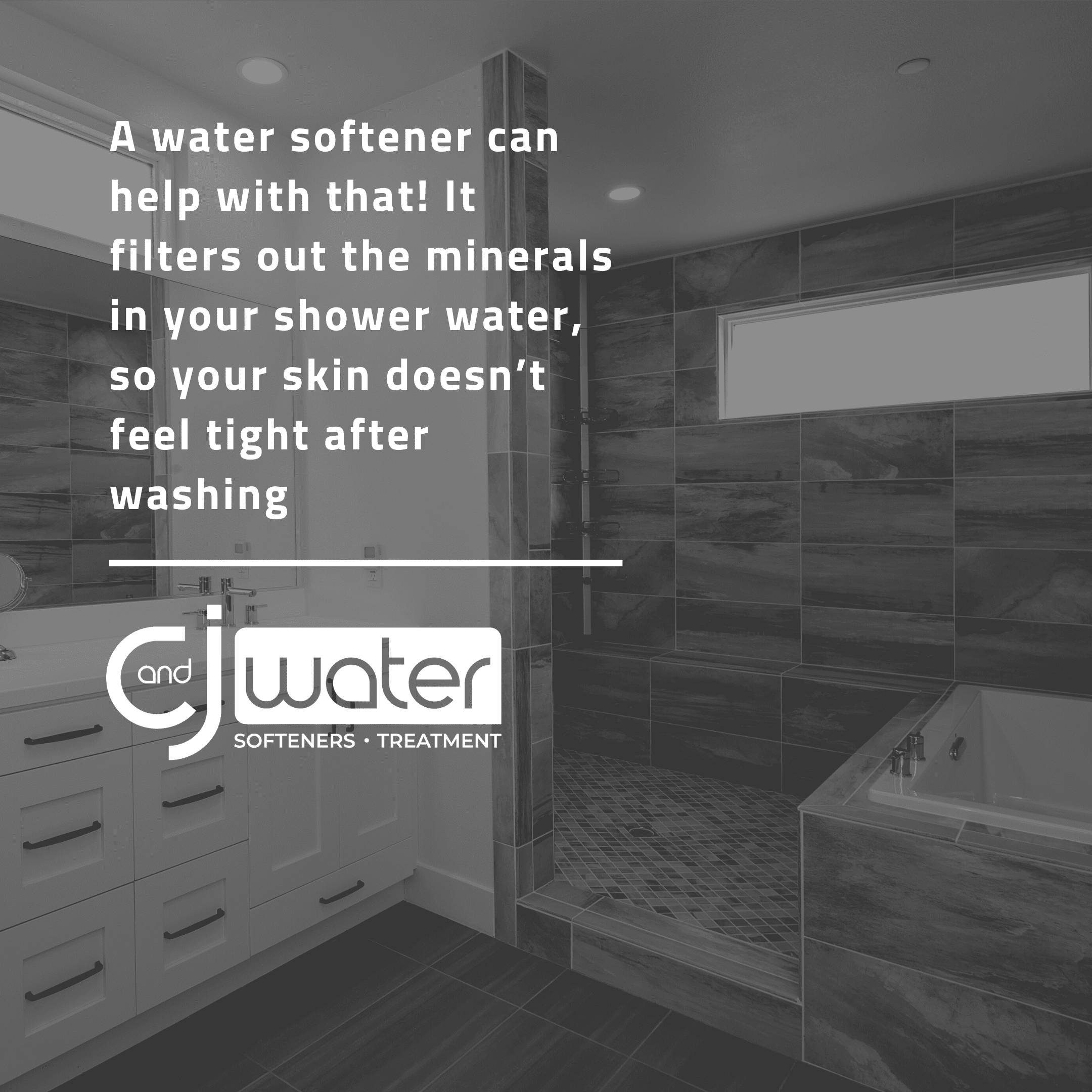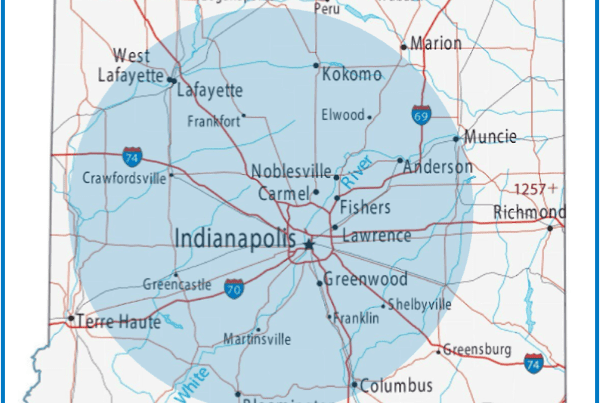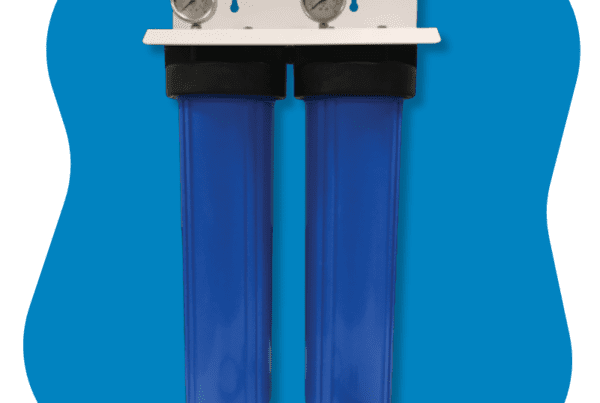You probably know that the amount of hard minerals in your water can be bad for your pipes and appliances. But what about on your skin? To understand the effects of hard water on skin and hair, we’ll first look at what hard water is and how it affects your daily shower.
Hard water is simply water that has high mineral content. While some cities have soft or low-mineral tap water (and thus don’t need to add salt), other areas are plagued with high levels of calcium and magnesium in their municipal water supply. These substances can cause scale buildup on pipes, clogged drains, and leaks. They also form scum when mixed with soap in the shower—that’s why it’s important to rinse well after bathing or washing dishes!
What Is Hard Water?
Hard water is caused by the presence of minerals in your water. These minerals include calcium, magnesium, and even iron. These impurities can build up in the pipes in your home, which may cause them to rust or scale over time.
The most common places that these impurities get into your home are roof runoff and well water. The more rain that falls on your roof and the longer you have your well pump running, the more likely it is for these minerals to find their way in.
Because of this, hard water can cause a number of different problems if left untreated.
Hard water contains high levels of magnesium and calcium, which can build up your pipes and appliances. The resulting film causes soap scum and lather, leaving a residue on your skin and hair.
It’s important to note that hard water isn’t necessarily dangerous—it just requires more diligent cleaning than soft water.
What Are the Effects of Hard Water on My Skin?
Hard water is not just a problem for your hair or skin, and it can also cause soap scum and other build-up in your tub, shower, and sink. This can lead to dry skin, irritated eyes, and even respiratory problems if you breathe the fumes from hard water over time.
Hard water can make your skin feel tight and uncomfortable after washing it with soap or shampoo that doesn’t lather well (if at all). This is because minerals in the hard water interfere with how much lather occurs when you wash your hair or body with a bar of soap or body wash—so you may have to use more product than usual to get clean. If this happens regularly over time, it could lead to dryness and irritation on top of other issues like itchiness from excess residue on the surface of your skin!
What Are the Effects of Hard Water on Hair?
- Hard water makes hair dry, brittle, and frizzy. It can cause dullness, flatness, and greasiness.
- Hard water is especially bad for people with curly or coarse hair because it can make their locks look frizzy or even tangled.
- The minerals in hard water accumulate on your scalp and make your roots feel stiffer than they should be — leading to an oddly rough feeling when you touch them (or lay down in bed at night).
If you already have dry hair or skin, a water softener may help improve it.
If you already have dry skin and hair, a water softener may help improve it. If you don’t know whether or not your skin or hair is dry, try this test: squeeze a small amount of moisturizer into the palm of your hand. Rub your hands together until they’re covered in lotion, then rub your palms against each other vigorously for 10 seconds. If the skin within 5 seconds absorbs the lotion, then it’s likely that these areas lack some moisture due to hard water.
If you find that your home has hard water and would like to reduce its effects on your skin and hair, consider investing in a home water softener system! Water softeners use salt (or potassium) as an alternative ionization method for removing impurities from tap water. This can help reduce soap scum build-up in showers (which can lead to bathtub ring), the lather from soaps/shampoos/conditioners when used with hard water (which can leave behind residue), and even improve general hydration levels for those who already suffer from dryness on their bodies!
Interestingly, many people with dry skin and hair find that it’s hard to get the kind of results they want from their normal products if they have hard water. A water softener can help with that! It filters out the minerals in your shower water, so your skin doesn’t feel tight after washing. Similarly, a softer water supply will make shampooing more effective because it won’t be diluted by mineral deposits in your tap water. You may need less product each time you wash—good news for any budget-conscious household!
If you are experiencing any adverse effects of hard water or simply want more information about water treatment equipment, contact C and J Water today!




